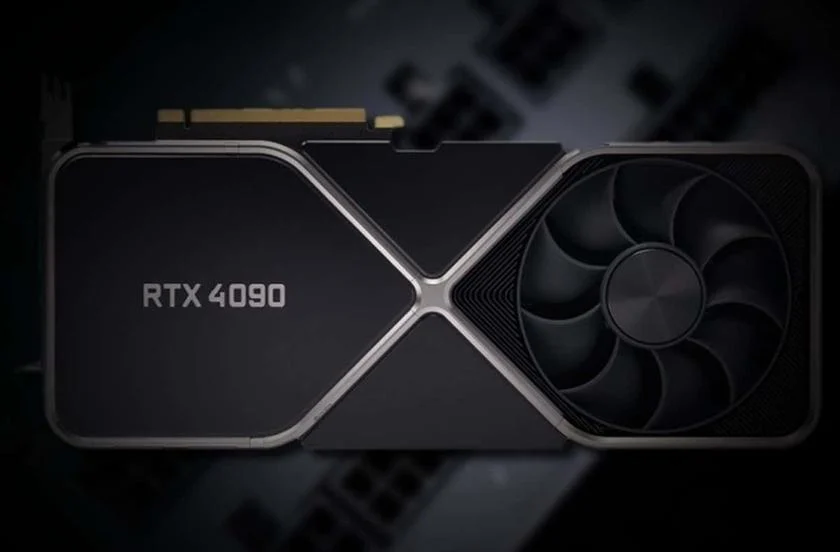In China, the buzzword of the week should be “FOMO” (Fear of Missing Out), especially among gamers and graphic designers who are racing to buy Nvidia’s high-end GeForce RTX 4090 graphics card. The buying frenzy was triggered by recent U.S. export restrictions on semiconductors and Nvidia’s subsequent decision to halt the sales of RTX 4090 cards on local online platforms like JD.com.
Prices of the card have tripled in some online marketplaces
The price of these coveted graphics cards has soared, touching a staggering 15,000 yuan (about $2,050) just a day after the U.S. sanctions came out to the public. Retailers such as Zhou Da, a Shanghai-based Asus component seller, have been flooded with queries on the card’s availability and pricing. “I’ve told my customers to buy it as soon as they can. The future’s uncertain,” Zhou stated.

Not just individual consumers, but even local companies partnering with Nvidia have pulled the plug on stocking RTX 4090 cards. Colorful Technology, a Shenzhen-based firm, sold out their entire RTX 4090 inventory, leaving many to wonder when or if the products would be restocked.
In a digital world where even a nanosecond can make a difference, the RTX 4090, launched in September 2022, promises superlative performance for applications like 8K video editing and 3D rendering. The demand is high, despite Zhou admitting that the card is “a bit over-the-top” for most current gaming needs.
However, the bigger issue is not just the panic buying, but what it signals for China’s technology landscape. While Nvidia is looking into possible licensing options, nothing is guaranteed. The U.S. restrictions don’t just impact the RTX 4090 but also affect Nvidia‘s less powerful AI chips designed for the Chinese market, further narrowing the country’s tech options.
As for now, some opportunistic sellers on third-party platforms are cashing in, pricing the RTX 4090 nearly triple its recommended retail value. For Chinese consumers, it’s not just about acquiring a high-performance graphics card; it’s about securing a piece of technology that might soon be out of reach.
RELATED:
- Xiaomi Smart Door Lock E20 WiFi version launched in China for 1,049 yuan ($143)
- China gets Snapdragon variant of Galaxy S23 FE
- Best Pixel 8 Pro accessories 2023
(Via)






